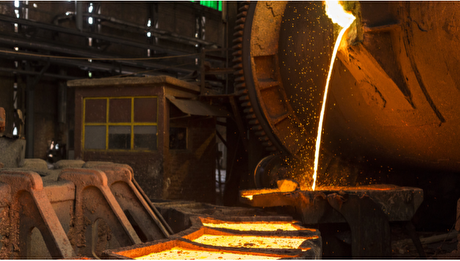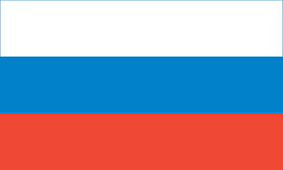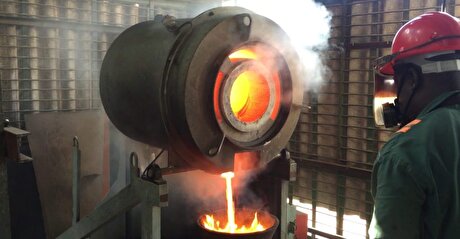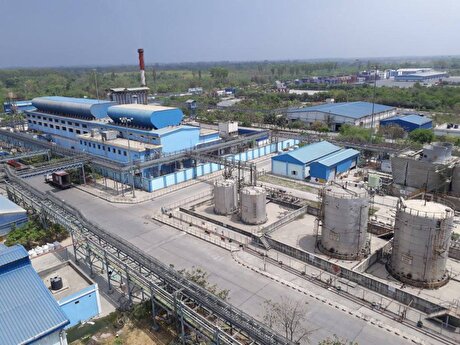
Minister Says Russia Open to Relaxing OPEC+ Cuts

"One of the options we discussed is removing the over-compliance, a return to the parameters of the current agreement," Russian Energy Minister Alexander Novak said in an interview with Bloomberg TV in Jeddah, Saudi Arabia, after a producer group meeting.
OPEC+ may need "to tweak the parameters to a certain extent" if monitoring shows full compliance is not enough to prevent a market deficit, he said.
As OPEC and its allies gathered over the weekend to discuss the future of the output-cuts pact, Russia was the only member of the group that did not rule out a relaxation of the cuts.
Most other nations including the de facto leader, Saudi Arabia, have signaled they prefer extending the current deal until year-end.
If Russia’s support to ease the restrictions strengthens over the next several weeks, OPEC+ may find it difficult to reach a consensus over extending the agreement at the ministerial meeting in June when the current deal expires.
Continuing the OPEC+ pact into the second half of the year with full compliance of all member states would allow for production increases.
In April, the group’s total average conformity with the deal reached 168%. Saudi Arabia alone could ramp production up by about 500,000 bpd without breaching its cap, as it has cut output deeper than required.



Zimbabwe labs overwhelmed as gold rally spurs exploration, miner says

Samarco gets court approval to exit bankruptcy proceedings

Cochilco maintains copper price forecast for 2025 and 2026

Gold price stays flat following July inflation data

Mosaic to sell Brazil potash mine in $27M deal amid tariff and demand pressures

HSBC sees silver benefiting from gold strength, lifts forecast

Glencore seeks $13 billion in incentives for Argentina copper projects

Hindustan Zinc to invest $438 million to build reprocessing plant

Samarco gets court approval to exit bankruptcy proceedings

Abcourt readies Sleeping Giant mill to pour first gold since 2014

Roshel, Swebor partner to produce ballistic-grade steel in Canada

EverMetal launches US-based critical metals recycling platform

Iron ore price dips on China blast furnace cuts, US trade restrictions

Afghanistan says China seeks its participation in Belt and Road Initiative

Gold price edges up as market awaits Fed minutes, Powell speech

Flash Metals USA advances critical minerals recovery plant in Texas

Glencore trader who led ill-fated battery recycling push to exit

US hikes steel, aluminum tariffs on imported wind turbines, cranes, railcars

US appeals court temporarily blocks land transfer for Resolution Copper

Abcourt readies Sleeping Giant mill to pour first gold since 2014

EverMetal launches US-based critical metals recycling platform

Iron ore price dips on China blast furnace cuts, US trade restrictions

Afghanistan says China seeks its participation in Belt and Road Initiative

Gold price edges up as market awaits Fed minutes, Powell speech

Flash Metals USA advances critical minerals recovery plant in Texas

Glencore trader who led ill-fated battery recycling push to exit

US hikes steel, aluminum tariffs on imported wind turbines, cranes, railcars

US appeals court temporarily blocks land transfer for Resolution Copper















